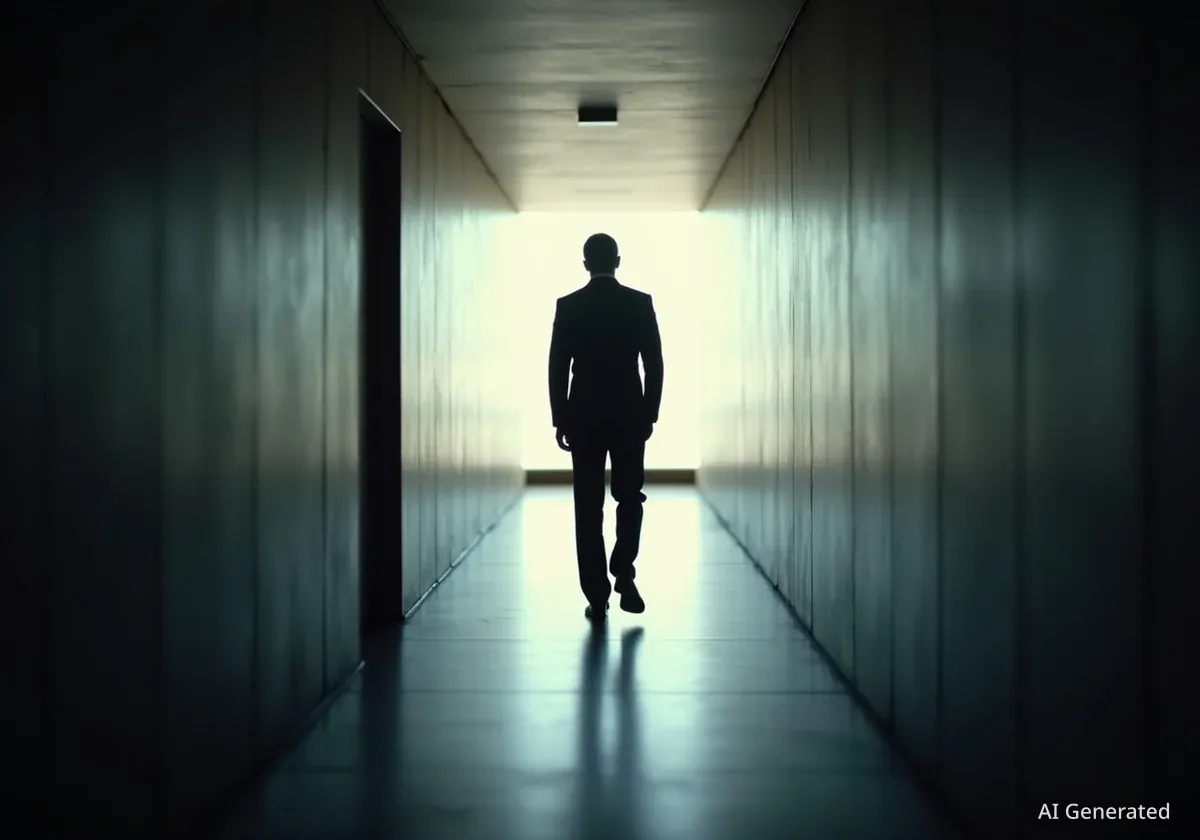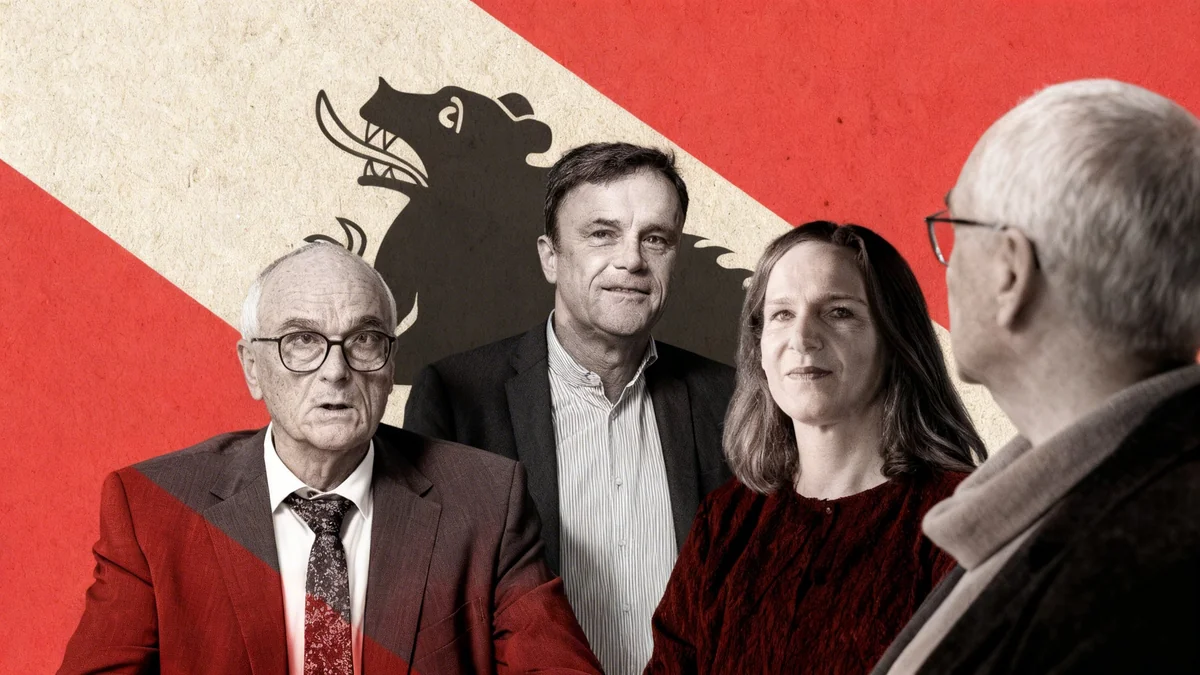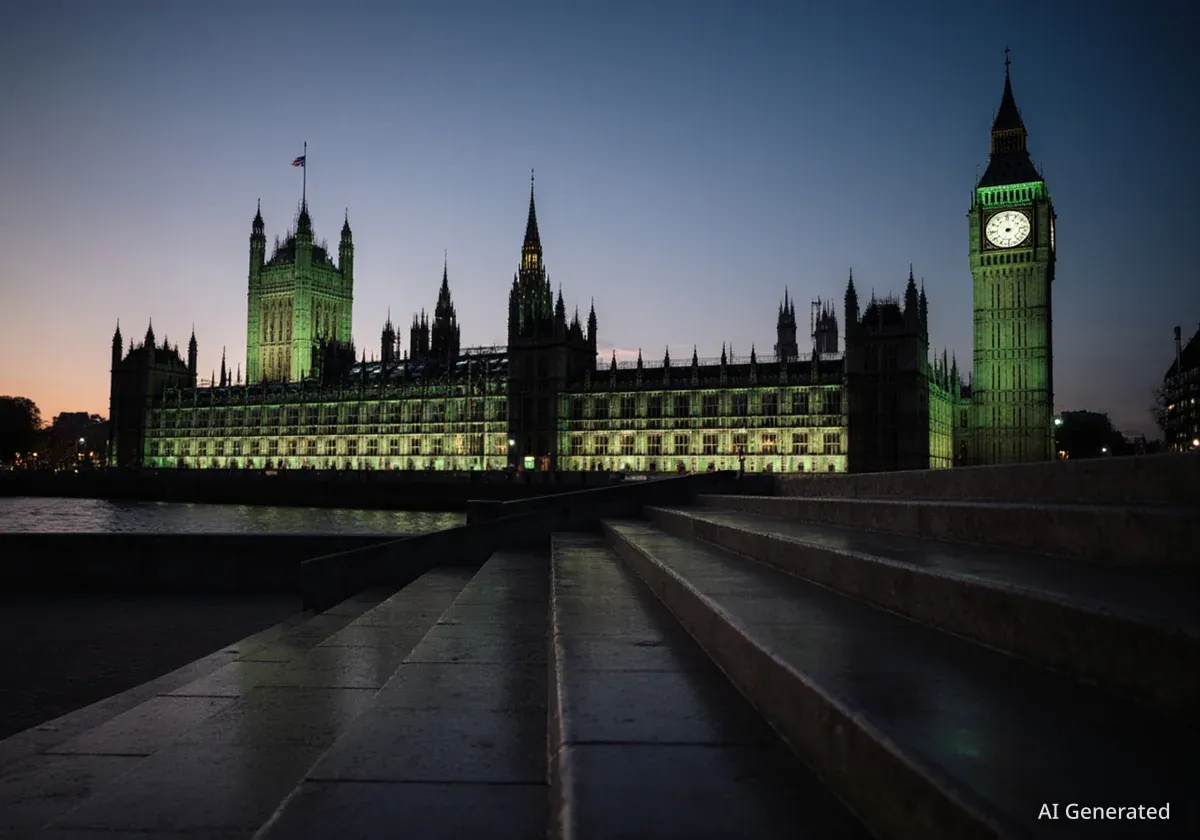Bern's Security Director, Alec von Graffenried, has issued a warning against increased surveillance measures following recent unrest during a pro-Palestinian demonstration in the city. He emphasizes that such actions could compromise the fundamental freedoms of all citizens.
Key Takeaways
- Bern's Security Director opposes new surveillance measures.
- He stresses the importance of applying existing laws consistently.
- Previous attempts to tighten demonstration regulations in Bern failed.
- The debate follows a pro-Palestinian demonstration with violent clashes.
Bern Officials Debate Security After Recent Protests
On October 11, a pro-Palestinian demonstration in Bern escalated into violent clashes and property damage. These events have sparked a city-wide debate about public safety and the appropriate response to extremist violence. Several political groups, particularly from conservative circles, have called for stricter laws and expanded surveillance powers for law enforcement and intelligence services.
Alec von Graffenried, the current Security Director for the City of Bern, cautions against hasty decisions. He believes that implementing more restrictive measures would jeopardize the liberties of all residents, not just potential offenders. His stance highlights a long-standing tension between security needs and individual freedoms within the city.
Key Fact
Bern's municipal council has rejected proposals to tighten demonstration regulations multiple times over the past 15 years, including an article that would have allowed authorities to remove individuals who refused to leave a gathering.
Freedom and Security: A Delicate Balance
Von Graffenried maintains a liberal perspective on these matters. He states that he views such measures critically because increased surveillance would affect everyone. He argues that trying to identify individual suspects within large gatherings of thousands of people is disproportionate.
"I always stand on the liberal side in such questions and view such measures critically," von Graffenried explained. "Freedom has its price. For example, it has the price that there is no total security."
He referenced the Fichenaffäre of 1989, a scandal involving widespread secret surveillance of Swiss citizens. This historical event serves as a reminder of the potential for government overreach and the importance of protecting civil liberties. The Security Director believes society must consider how much freedom it is willing to sacrifice for security against the actions of a few.
Historical Context: The Fichenaffäre
The Fichenaffäre, or "Files Affair," refers to a scandal that erupted in Switzerland in 1989. It revealed that Swiss federal police and cantonal authorities had secretly compiled hundreds of thousands of files on citizens, political activists, and organizations. This mass surveillance operation sparked widespread public outrage and led to significant reforms in Swiss intelligence laws, emphasizing the protection of privacy and civil rights.
Applying Existing Laws: The Preferred Approach
While von Graffenried strongly condemns the violent acts that occurred during the demonstration, he does not see stricter laws as the primary solution. Instead, he advocates for the consistent and rigorous application of existing legal frameworks. He believes that current laws are sufficient if enforced properly.
In Bern, a city with a historically left-leaning political landscape, proposals for stricter regulations have often faced significant resistance. Von Graffenried pointed out that attempts to amend the assembly regulations have been rejected repeatedly over the last decade and a half. This includes a proposed article that would have empowered authorities to remove individuals who refused to leave a demonstration after being asked.
Differing Views Among Bernese Politicians
Von Graffenried's position contrasts with that of his predecessor, National Councillor Reto Nause. Nause, a member of the Centre Party and former Security Director of Bern until 2024, is a prominent advocate for tougher security measures. He has called for closer monitoring of extremist groups, particularly the violent left-wing scene.
Nause suggests that measures requiring authorization, such as phone tapping, should be extended to politically extreme groups. This divergence in opinion highlights the ongoing debate within Bern's political circles regarding the balance between security and individual rights.
"The violent extremist left-wing scene finally needs to be closely monitored," Reto Nause stated after the disturbances.
Despite these differing viewpoints, von Graffenried does not feel his role is threatened. He noted that Reto Nause respects the division of responsibilities. Nause now serves as president of the Security Alliance, where he champions its proposals.
Support for Businesses and Future Considerations
The conservative demands extend beyond security to include economic support for affected businesses. Nause's party has proposed a hardship fund for businesses impacted by the demonstration, primarily financed by the city. Von Graffenried expressed a cautious approach to this idea.
He indicated that the city government would investigate the need for such a fund and how it could be implemented and financed if there were clear signals from those affected. However, he also noted that property damage caused by vandalism is typically well-covered by building insurance and private insurers.
This discussion underscores the multifaceted challenges facing Bern, as officials navigate public safety concerns, civil liberties, and economic impacts following the recent unrest.




